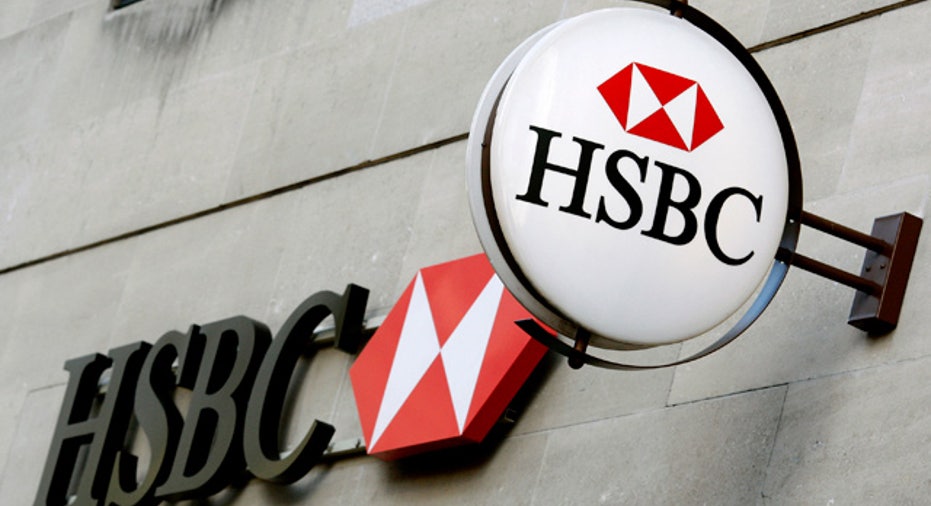HSBC to Scale Down U.S. Operations, Rebuild in Emerging Markets

Europe’s largest bank, HSBC (NYSE:HBC), said on Wednesday it will focus its wealth management and retail banking units in emerging markets, revaluate its card business and slash expenses in an effort to become more cost efficient by 2013.
The company is looking to reach savings between $2.5 billion and $3.5 billion, with a cost efficiency ratio target of 48% to 52%.
As part of the overhaul, HSBC will target 18 of the most relevant economies for its wealth management business and will limit retail banking to markets where it can achieve profitable scale.
The strategy focuses on emerging markets such as Brazil, Mexico and Asia. Gulliver said 19 of the world's 30 largest economies by 2050 will be those currently classified as emerging markets.
The bank will also undergo a strategic review of its card business in the U.S. Analysts estimate that selling the U.S. credit card business and some parts of the retail network could raise $25 billion, according to Dow Jones Newswires.
Though Gulliver assured analysts at a recent presentation that the U.S. will remain critical to HSBC's strategy, according to Dow Jones.
“We will continue to invest in markets with strategic relevance and high actual or potential returns and will either turn around or dispose of other businesses,” said HSBC CEO Stuart Gulliver. “This is not about shrinking the business but about creating capacity to re-invest in growth markets and to provide a buffer against regulatory and inflationary headwinds.”
Gulliver said the company must step up the pace and intensity of its evolvement by increasing capital deployment discipline, directing investment to faster growing markets and businesses, reengineering global business function and business processes and streamlining IT. HSBC will also move technology development to low-cost countries and reduce local and regional office staff.
The company is screening each of its operations and business through various filters in an effort to evaluate their economic potential, relevance to connectivity, profitability, efficiency and liquidity.
The company’s ultimate goal, according to Gulliver, is to be the leading international bank, concentrating on commercial and wholesale banking in globally connected markets.



















